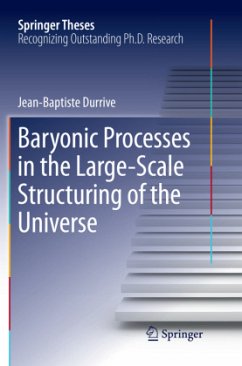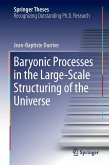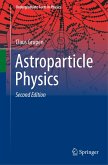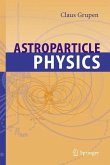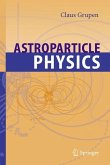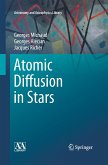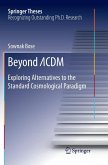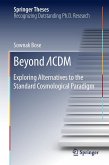This thesis addresses two very different but equally important topics in the very broad fields of astrophysics and cosmology: (I) the generation of cosmological magnetic fields and (II) gravitational fragmentation of the Cosmic Web. All mathematical developments are completed by illuminating physical interpretations, and the thesis, which is guided by existing observations, is purely theoretical. In part I, the author further develops a magnetogenesis model proposed in the literature, providing an unprecedented level of physical understanding. He demonstrates that the physics of photoionisation is very likely to have premagnetised, at a relevant level, the entire Universe at the early epoch of the formation of the first luminous sources. In part II, the author adapts the tools of plasma spectral theory to the context of gravitational instability of the baryonic gas within the stratified structures of the Cosmic Web. He skillfully derives the wave equation governing the growth of perturbations and explores various equilibrium configurations, in planar and cylindrical geometries characteristic of cosmic walls and filaments, for isothermal and polytropic conditions, with or without an external gravitational background. Clearly structured and written in pedagogical style, this outstanding thesis puts the results into perspective and highlights the merits and limitations of the various approaches explored.
Bitte wählen Sie Ihr Anliegen aus.
Rechnungen
Retourenschein anfordern
Bestellstatus
Storno

